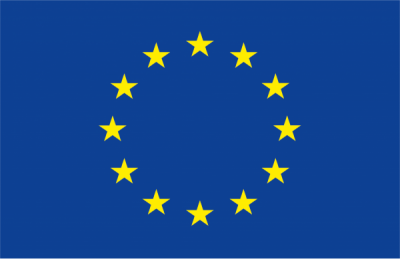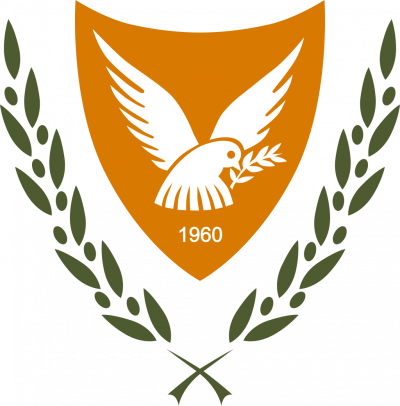
CARE-C successfully hosted the kick-off meeting of ENVRINNOV
On the 19th of January, 2024, CARE-C of the Cyprus Institute successfully hosted the kick-off meeting of the ENVRINNOV project at the Cyprus Institute’s main premises in Nicosia, Cyprus. The meeting brought together the project partners from various research infrastructures, research institutions and universities, in order to discuss about the first steps of the project and its further implementation.
Starting in January, 2024 and with a duration of three (3) years, ENVRINNOV aims to co-design, test, and validate a common Innovation Roadmap for the European Environmental and Earth System Research Infrastructures (ENVRI) community. This Roadmap will set a credible pathway for the ENVRI community to establish and operate an ENVRI Innovation Hub (EIH), for the future development of new state-of-the-art technologies and services. The project will also develop the tools, policies, and community necessary for the Roadmap’s successful implementation.
To achieve its objectives, the ENVRINNOV consortium brings together ten (10) partners from five (5) European countries- Cyprus, Germany, Finland, Italy and France. In addition to the Cyprus Institute, which is the coordinator of the project, the rest of the partners consist of: Forschungzentrum Julich GMBH -FZH (Germany), the Integrated Carbon Observation System- European Research Infrastructure Consortium- ICOS ERIC (Finland), the Aerosol, Clouds and Trace Gases Research Infrastructure- European Research Infrastructure Consortium – ACTRIS ERIC (Finland), the European Multi-Disciplinary Seafloor and Water Column Observatory-European Research Infrastructure Consortium – EMSO ERIC (Italy), Helsingin Yliopisto- UHEL (Finland), Centre National de la Recherche Scientifique -CNRS (France), Commissariat à L’énergie Atomique et aux Énergies Alternatives – CEA (France), Karlsruher Institut Fuer Technologie – KIT (Germany) and Helmholtz-Zentrum Fur Umweltforschung GMBH – UFZ (Germany).
ENVRINNOV received a €2.5 million funding from the European Union’s Horizon 2023 research and innovation programme under grant agreement no 101131426.







